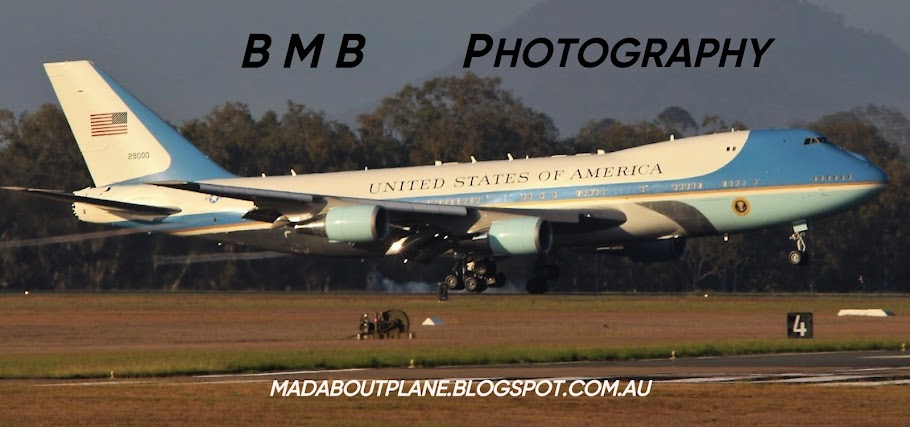I posted this story on the 12th August 2018. Below is part of that story.
An Horizon Air employee hijacked one of his airline's aircraft from Seattle/Tacoma International Airport, WA (SEA/KSEA) Friday evening before crashing in south Puget Sound. The unauthorized flight took off around 8 p.m., Horizon parent company Alaska Air Group Inc. said.No passengers were on board and there were no reports of injuries on the ground. The employee had worked for Horizon Air for more than three years, and had undergone multiple criminal background checks, said Brad Tilden, the CEO of Alaska Air Group, in a Saturday press conference. Employees face background checks that go back 10 years, which they are required to renew every two years. Alaska Airlines and Horizon Air said they were not aware of anything popping up during this employee's background checks. "The individual was fully credentialed. He had access to that area legitimately,” said Mike Ehl, director of operations at Seattle-Tacoma International Airport. “It’s inside the security fence so no security violations were committed."
Now the FBI has released its findings on what motivated man to steal the Dash 8 Q400
The Sumner man who stole an airplane from Sea-Tac Airport in 2018 seemed unsettled to his loved ones in the week before the theft, which ended when he crashed the plane on Pierce County’s Ketron Island, according to newly released FBI documents. Richard Russell, a 28-year-old ground worker for Alaska Airlines who died in the crash, entered the empty turboprop passenger aircraft about 7:30 p.m. Aug. 10 as it sat on an airport tarmac and flew it for about one hour and 10 minutes, the records show. The Air National Guard scrambled two fighter jets to intercept the plane, but Russell purposely crashed it, the records state. The Pierce County Medical Examiner’s Office ruled his death a suicide.
FBI agents and other law enforcement personnel interviewed people who knew Russell, including loved ones and co-workers, and none “had any information indicating they knew of Russell’s plans to steal or crash an airplane,” the records show.
“Contacts with Russell’s employer determined there were no personnel issues,” according to the records. “Russell was known as a quiet guy who read a lot. Russell had a few unexcused absences, but nothing considered significant.” Other witnesses told FBI agents Russell “failed to go to work Aug. 3 and had expressed feeling as if he was not living up to what others expected of him,” the records show. The witnesses said he went to work Aug. 4 to try to pick up a shift, but the next day he “seemed strange,” and family friends attempted an intervention, according to the records. “Russell seemed fine to family members after the intervention, though he was drinking more,” the records show. “The week of Aug. 6, Russell seemed fine to family/friends.” Four days later, Russell entered the plane, taxied and took off without authorization. The FBI found evidence he has been searching flight simulators prior to theft. He later crashed the plane on sparsely populated Ketron Island. He was the only fatality.
During the flight Russell also talked about his loved ones with air-traffic controllers. “I would like to apologize to each and every one of them,” he said. “Just a broken guy. Got a few screws loose. Never knew it until now.” Federal investigators concluded Russell acted alone. After the crash, authorities searched Russell’s work locker at Sea-Tac. Among the mundane items, they found a 100-sheet, college-rule spiral notebook, records show. It included a note about then-President Trump and his immigration policies and one other hand-written note: “He wanted to create something. Something with profound insight and charm. He had once been confident in his writing so he gave that a shot. During one of his many breaks at work he decided to go for it. Rather than use the down time to escape in books or social media he would use it to benefit his all mankind. He sat in the corner of the dilapidated locker room searching for the concepts he wanted to convey. What did he know the most about? What did he feel strongly about? Several questions fizzled in his mind but no resolutions were made. It all felt so irrelevant. He was a cure. Nothing was worthy enough for the paper.”

No comments:
Post a Comment